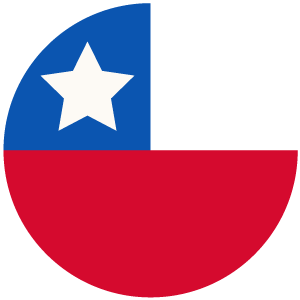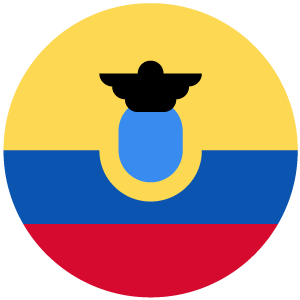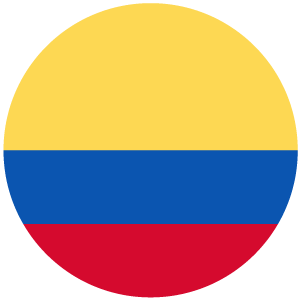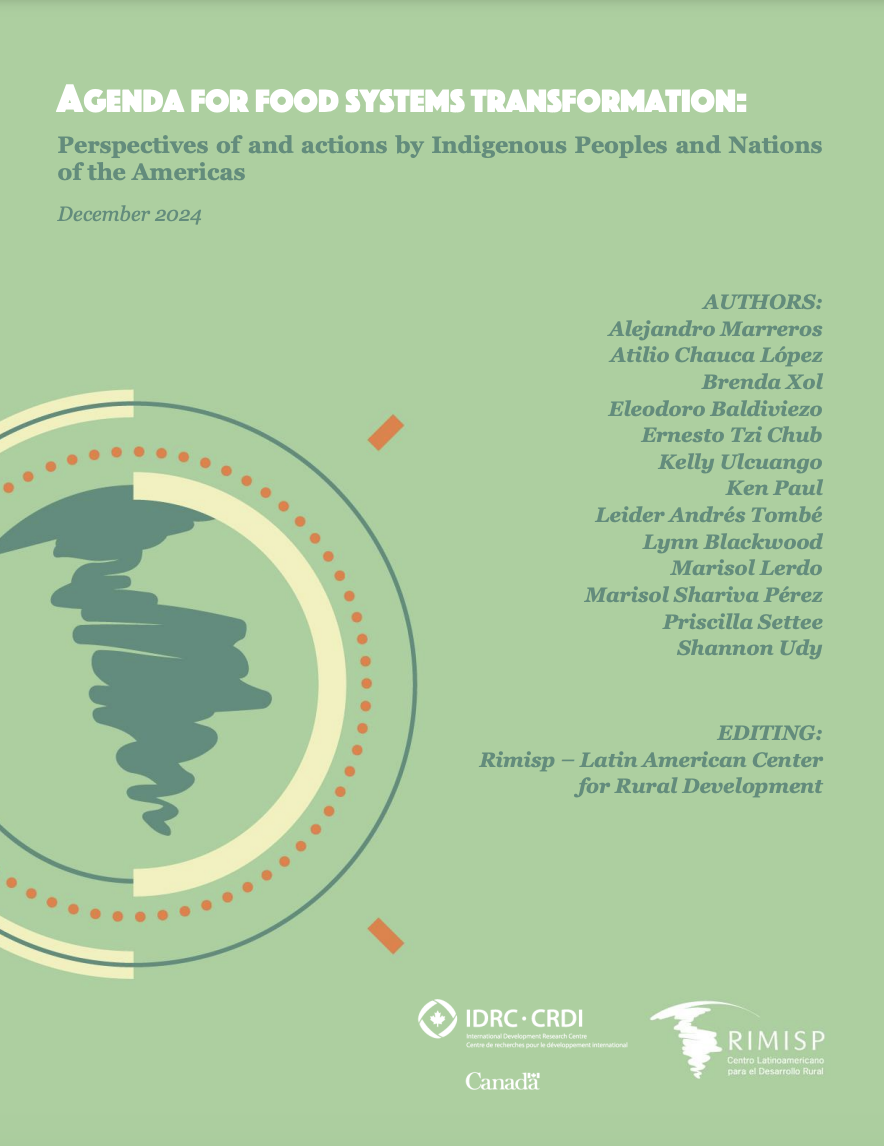Agenda for food system transformation: Perspectives of and actions by Indigenous Peoples and Nations of the Americas
Authors
- Alejandro Marreros
- Atilio Chauca López
- Brenda Xol
- Eleodoro Baldiviezo
- Ernesto Tzi Chub
- Kelly Ulcuango
- Ken Paul
- Leider Andrés Tombé
- Lynn Blackwood
- Marisol Lerdo
- Marisol Shariva Pérez
- Priscilla Settee
- Shannon Udy
This document is a synthesis of the reflections and exchange of ideas that occurred at this encounter, and which shape an agenda centered on an understanding of Indigenous food systems as complex systems where various levels and dimensions intertwine.
Food systems are part of the richness of a culture; they are a reservoir of biodiversity and a source of good health, as well as a space of political affirmation and affirmation of rights in an interconnected world. In these elements the potentialities of Indigenous food systems unfold, mainly associated with their sustainability, the capacity for resilience in the face of social and environmental crises, their contribution to understanding health as a process based on good nourishment, and a field of opportunities for local economic development.
Indigenous food systems also face challenges, such as the transmission or recovery of ancestral knowledge and knowledge related to everyday life, or the political and social strengthening of communities so they can establish an agenda for real advocacy, connect with transformations of our times and include technological innovations in their practices. To address these challenges, it is crucial to build alliances. In this area, participants in the encounter highlighted the importance of the academic sector and research, the influence of the state and public policies, and the contribution made by international development agencies and philanthropic organizations.
This document reflects the diverse voice of a group, where bridges were established between cultures and territories that, because of their geographic or linguistic distance, had not had an opportunity for direct and sustained dialogue for the purpose of creating an agenda for the future, with objectives that can only be measured by future generations. This necessary “far-sightedness” regarding food systems transformation is reflected in the words of Marisol Shariva, one of the participants:
“We are eagles; we care for the chicks. And like an eagle, which goes up into the heavens and surveys the landscape from there, we have our vision. We are like an eagle; we feel the place where we come from and where we have taken flight — from Pucallpa to Lima, from Lima to Ecuador, and now we are in Yunguilla, like an eagle, seeing everything from where we are gathered. That is our vision.” (Marisol Shariva Pérez, Asháninka from Peru).
Nuestras oficinas:

- Chile: Huelén 10. Providencia, Santiago, Región Metropolitana. (+56-2) 2236 4557 | Fax (+56-2) 2236 4558.

- Ecuador: Checoslovaquia E9-95 entre Suiza y Moscú. Edificio Eveliza Plaza. Planta Baja. Quito. (+593-2) 5150144.

- Colombia: Carrera 9 No 72-61 Oficina 303. Bogotá. (+57-1) 2073 850.

